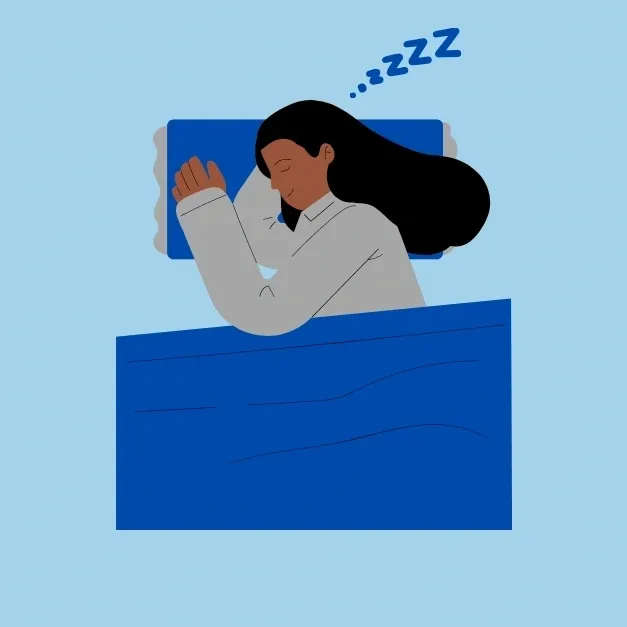
In his book Atomic Habits, James Clear talks about how the small actions of every day add up. He also says “every action you take is a vote for the type of person you want to be” which highlights that understanding why you want to create this habit and what kind of person this encourages you to be, are important.
Some questions to ask yourself before creating a habit:
– Why do I want to create or change this habit?
– What kind of person do I want to be and does this habit align with this?
– What are some small steps I can take to implement this?
A term coined ‘habit stacking’ has introduced the idea of adding a habit to another habit or already performed behaviour. For example, if you make a coffee every morning – habit stacking could be opening your blinds after you’ve made your coffee. Not only is natural light good for us in the morning, but your brain will also start to connect the motion of making coffee and opening the blinds together.
Small steps to larger changes/habits:
– Find your why, the reason you want to implement this habit
– Understand the type of person this is leading you to become
– Break it down into small er actions that you can implement overtime to reach the larger habit
– Patience! Slower, more sustainable progress is better!
Research says that it takes 21 days to break or create a habit, and then up to 63 days for it to be fully implemented into your life!
Remember why you started as you journey through creating habits, and embrace self compassion as any kind of change has its challenges, especially in learnt behaviours and habits.
Additional Resources
– Atomic Habits by James Clear
– 2 Part Podcast Series of Brene Brown with James Clear – https://brenebrown.com/
– Cleaning Up Your Mental Mess by Caroline Leaf







